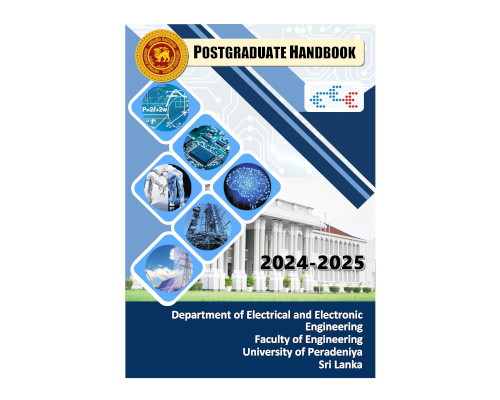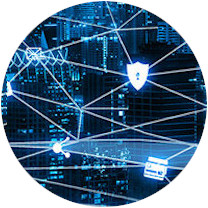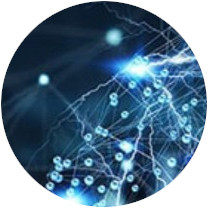Objectives
The prime objective of the PG program in the Department is to cater to the continuing education needs of Engineers practicing in industry in a broad range of sub-disciplines in Electrical Engineering. Three major aspects are considered in this regard:
⮚ Further strengthening the theoretical background of candidates,
⮚ Providing the candidates sufficient exposure to research and development in their respective disciplines,
⮚ Obtaining feedback from the industry to update the academic programs to suit the needs of the industry.

POSTGRADUATE Programs
The department offers the following Regular Postgraduate degree programs:
⮚ The Postgraduate Diploma in Engineering - PG. Dip. (SLQF L8)
⮚ Masters Degree (SLQF L9)
⮚ The Degree of Master of Engineering - M.Eng. (SLQF L9)
⮚ The Degree of Master of Science - M.Sc. (SLQF L10)
⮚ The Degree of Master of the Science of Engineering - M.Sc. Eng. (SLQF L10)
In addition, the department has joined hands together with the University of Oulu, Finland, a leading University in Wireless Communications, to establish a Double Degree Program from 2018 onwards. A registered student completes the first year at the University of Peradeniya and the second year at the University of Oulu, Finland. Upon the completion requirements of both universities at the end of two years, students will receive the Double Degrees.
⮚ Double Degree of Master of Science of Engineering specializing in Wireless Communications - M.Sc.Eng. (SLQF L10)
Further, the students can enroll for the following Research based options at any time of the year after finalizing a suitable project with the consultation of the supervisor(s) on a full-time or part-time basis:
⮚ The Degree of Master of Philosophy - M.Phil. (SLQF L11)
⮚ The Degree of Doctor of Philosophy - Ph.D. (SLQF L12)
Application, registration, evaluation, and transfer procedures, admission requirements, and methods of processing applications for all postgraduate degree programs mentioned above are drawn from the guidelines provided in the document titled “General Regulations for the Postgraduate Programs in the Faculty of Engineering”. SLQF is the Sri Lanka Qualifications Framework. For more information please visit the Centre for Engineering Research and Postgraduate Studies (CERPS), Faculty of Engineering.

POSTGRADUATE Prospectus 2023/2024/25
Full details of the courses offered and the eligibility and requirements for both the Regular and Double Degree Programs can be found in the Postgraduate Prospectus.
Fields of Specialization

ELECTRICAL POWER APPLICATIONS
Advanced Electrical Machines and Drives, Power System Analysis, Distribution Systems Engineering, Power Electronics, Smart Substations and Smart Grid, Renewable Energy and Alternative Energy Sources, Distributed Generation, Modern Power Systems, High Voltage Technology, Industrial Electrical/Electronics Systems

COMMUNICATION AND INFORMATION ENGINEERING
Advanced Digital Communications, Random Signal Analysis for Communication and Signal Processing, Data Networks, Wireless Communication Systems, Microwave Communications, Optical Communication systems, Advanced Technologies in Telecommunications, Telecommunication Regulation, Policy, and Management, Antenna Theory and Design, Advanced Digital Signal Processing, Digital Image and Video Processing, Internetworking

CONTROL AND INSTRUMENTATION
Industrial Control Systems, Digital Instrumentation, Pattern Recognition for Smart Systems, Artificial Intelligence for Smart System, Advanced Embedded Systems Design, Advanced Computer Architecture, Biomedical Instrumentation, Model Predictive Control Systems, Computer Vision, Industrial Automation, Industrial Robotics, Nonlinear Dynamics and Control

Double DEGREE ON WIRELESS COMMUNICATION
Advanced Digital Communications, Data Networks,Optimization of Communication Systems, Wireless Communication Systems, Microwave Communication, Advanced Digital Signal Processing, Internetworking, Random Signal Analysis for Communication and Signal Processing, Optical Communication systems, Advanced Technologies in Telecommunications, Telecommunication Regulation, Policy, and Management, Digital Image and Video Processing, Antenna Theory and Design
How to Apply
Applications, Referee Forms, Fees and other important details can be found here.


